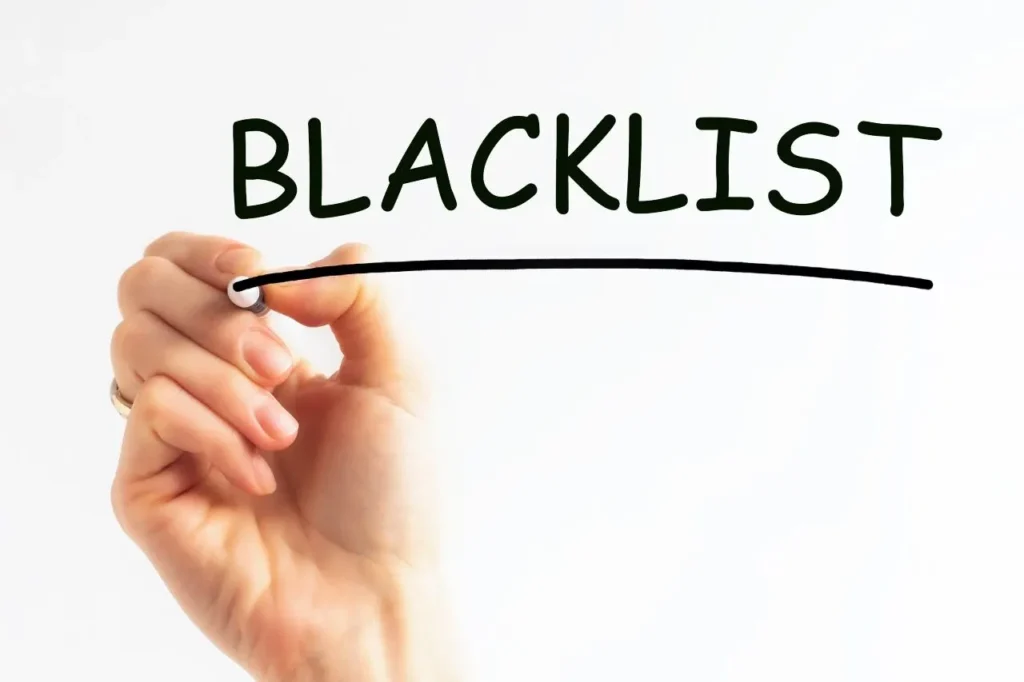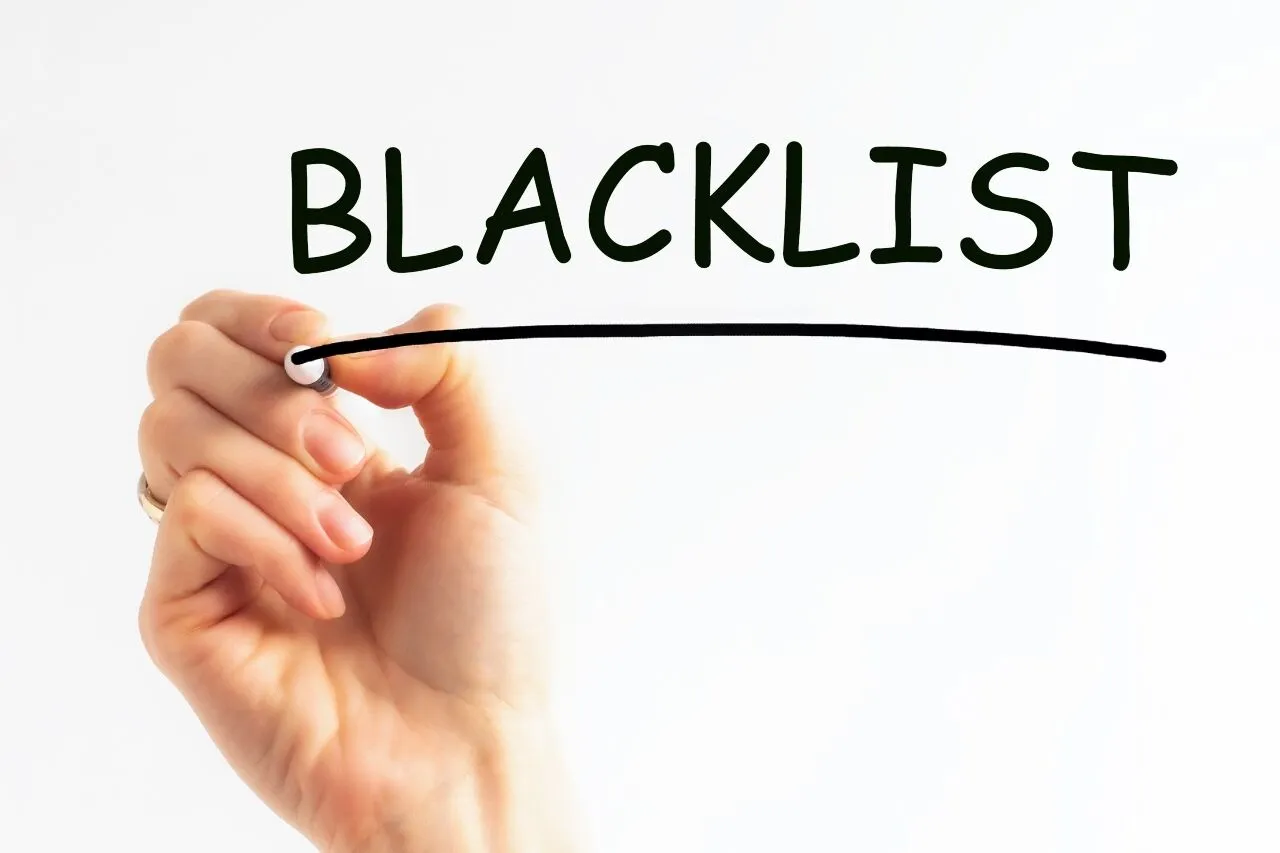Accessing Loans When Blacklisted
Being blacklisted can make it very difficult to get approved for financing from traditional banks and lenders . However, there are still some options available for accessing loans if you are blacklisted.
In this comprehensive post, I’ll explore specialized lenders that offer loans to blacklisted individuals, typical costs and terms to expect, the loan application process, and tips for finding the right loan product for your situation.

Also See:
List Of small payday loans online no credit check
List Of best bad credit payday loans guaranteed approval
List Of payday loan for bad credit history
Guaranteed loan approval South Africa
What Does It Mean to Be Blacklisted in South Africa?
Being blacklisted refers to having a negative record of consumer behavior listed on your credit file with the National Credit Regulator (NCR). This typically happens when you default on debt obligations like credit cards, store accounts, personal loans, or home loans.
Lenders report any late payments, missed payments, or other defaults to the credit bureaus. Too many negative listings can lead to you being “blacklisted” and barred from new credit and financing.
Some of the potential consequences of being blacklisted in South Africa include1:
- Banks and mainstream lenders will automatically reject loan and credit applications.
- You may struggle to open new bank accounts or secure services like cell phone contracts.
- Interest rates are much higher due to the increased risk (up to double normal rates).
- Loan amounts offered will be lower than normal.
- Access to employment, housing, insurance etc. may be impacted.
- Legal action, repossessions, and wage garnishment are possible if debts aren’t resolved.
Loan Options for Blacklisted Borrowers
While your options are limited compared to consumers with good credit, there are some lenders willing to work with blacklisted individuals. Here are some of the main types of loans accessible to blacklisted borrowers:
Payday Loans
Payday loans provide fast access to small amounts of cash, usually from R100 up to R8000, to be repaid in full on your next pay date. They are expensive, with fees of around 15% to 20%, but easy to qualify for if you have proof of income.
PEP Loans
PEP specializes in personal cash loans ranging from R1000 to R15,000 for blacklisted consumers. Repayment terms range from 3 to 12 months. You’ll need to visit a PEP store and provide ID, bank statements, payslips, and contact details.
Unsecured Personal Loans
Certain lenders like Bayport Financial Services offer unsecured personal loans designed specifically for blacklisted applicants. These loans allow you to borrow up to R15,000 with flexible 3 to 24 month terms.
Secured Personal Loans
Secured loans require an asset like a car or home as collateral but feature better rates and terms than unsecured loans. The lender can repossess the collateral if you default. Secured loans up to R60,000 may be available.
Payroll-Based Loans
Payroll-deducted loans don’t require credit checks. Your repayments are automatically deducted from your salary by your employer. These loans allow access to up to 50% of your net pay each month.
Pawn Shop Loans
Pawn shops provide immediate cash in exchange for an item of value like jewelry, electronics, musical instruments etc. If you repay the loan plus fees within the term, you get your pawned item back.
Costs and Terms to Expect When Blacklisted
While specific terms vary by lender, here are some average costs and conditions to expect with loans for blacklisted borrowers:
- Interest Rates – Expect to pay interest rates from 30% up to 60% APR, significantly higher than normal rates.
- Initiation/Service Fees – Lenders may charge upfront fees of around 15% of the approved loan amount. There can also be monthly service fees.
- Loan Amounts – Personal loans range from R500 up to R15,000 in most cases. Payroll and pawn loans offer smaller amounts.
- Repayment Terms – Terms range from 1 to 24 months typically. Payday loans are due in full on your next pay date.
- Early Repayment – You may face early repayment penalties if trying to close a blacklisted loan early. Make sure to ask lenders about early repayment policy.
- Collateral – Secured loans require collateral like a car or house. The lender can repossess your assets if you default.
- Credit Bureaus – Most blacklisted loans aren’t reported to credit bureaus, so they don’t help improve your credit record.
Always read the fine print to understand all fees, policies, and costs associated with any loan product before signing. Blacklisted loans can carry high costs and strict repayment terms.
The Loan Application Process When Blacklisted
The loan application process with specialty lenders for blacklisted borrowers typically involves:
- Submitting Basic Personal Information – This includes your name, ID number, contact details, marital status, dependents etc.
- Providing Income Documentation – Lenders will require recent payslips, bank statements, or tax records to verify your income.
- Agreeing to Reference Checks – Many lenders will contact your employer and mentioned references to confirm details.
- Accepting a Credit Check – The lender will likely conduct a credit check through Experian to review your credit report.
- Offering Collateral – If applying for a secured loan, you’ll need to provide collateral like a car, jewelry, equipment etc.
- Signing the Loan Agreement – This contract outlines all fees, terms, conditions, and consequences of default if approved. Be sure to read carefully.
- Receiving the Loan – If approved, the lender will provide instructions for receiving your loan, either as a direct deposit or cash pickup.
Be prepared to provide extensive documentation and personal information. Having as complete an application as possible can help improve your chances of getting approved.
Tips for Finding the Right Blacklisted Loan
If you need access to financing in South Africa despite being blacklisted, keep these tips in mind:
- Shop around and compare quotes from multiple specialized lenders to find the most affordable loan.
- Avoid payday loans and pawn shops for long-term borrowing needs due to their high costs.
- Ask lenders about opportunities to refinance at lower rates if you maintain good payment history.
- Read all contracts thoroughly and make sure you understand the fees, terms and penalties before signing.
- Confirm that lenders report loan payments to credit bureaus so the loan can help rebuild your credit record.
- Consider debt counseling services that help consolidate debts into more manageable payment plans long-term.
- Work on improving your credit record over time so you can eventually access credit at better rates again.
Conclusion
While being blacklisted limits your options, legitimate personal loans are accessible if you conduct thorough research and choose loan products carefully based on your financial situation. Consistently making on-time repayments is key to eventually removing black marks from your credit file.

